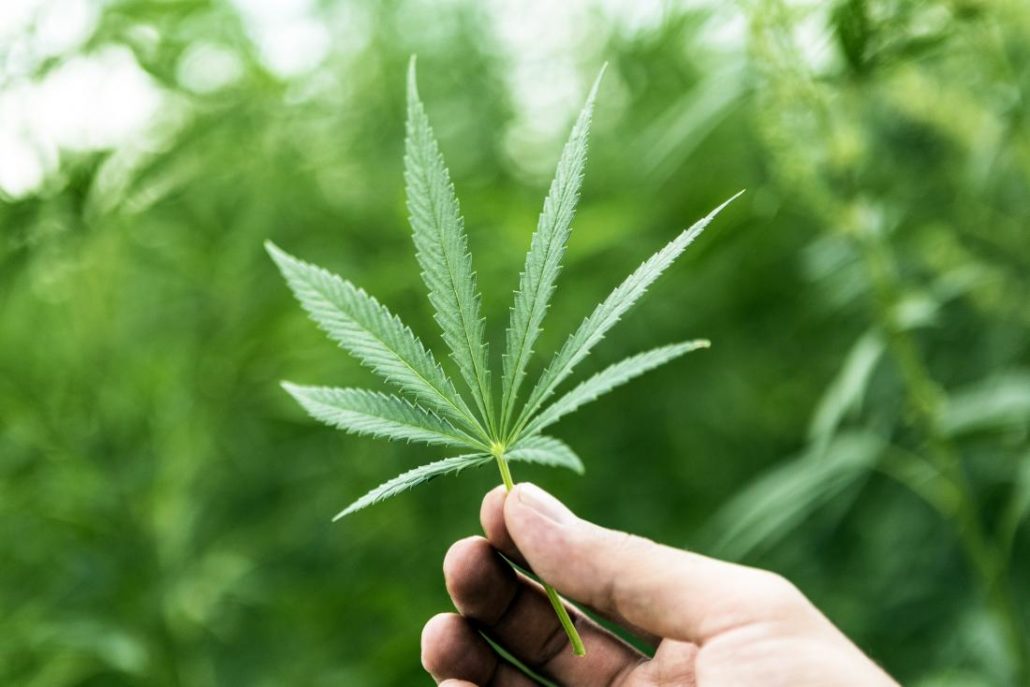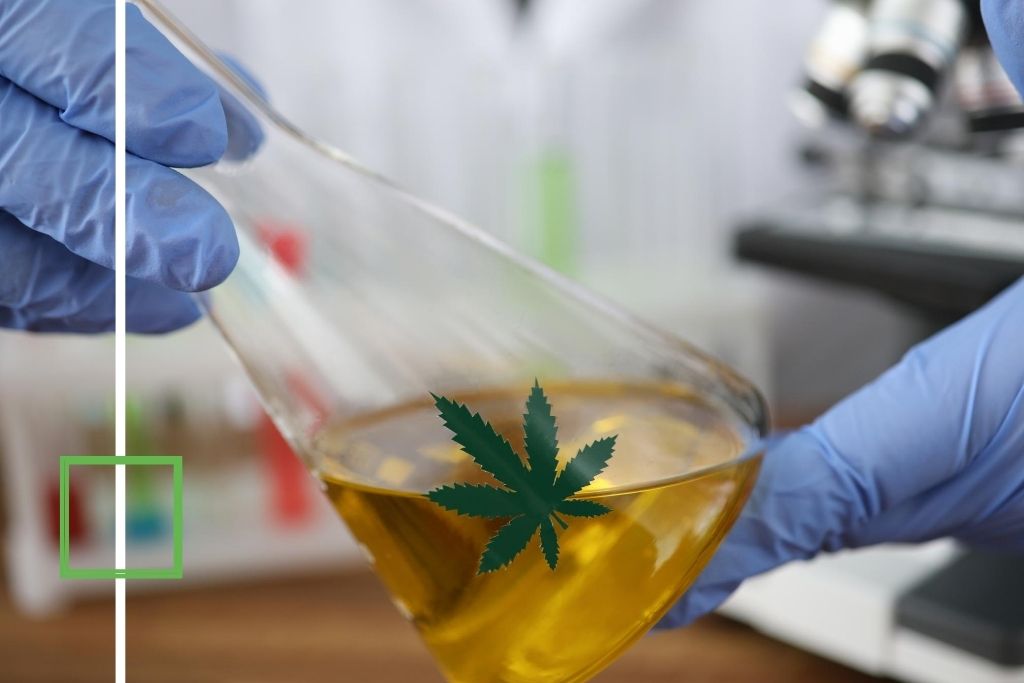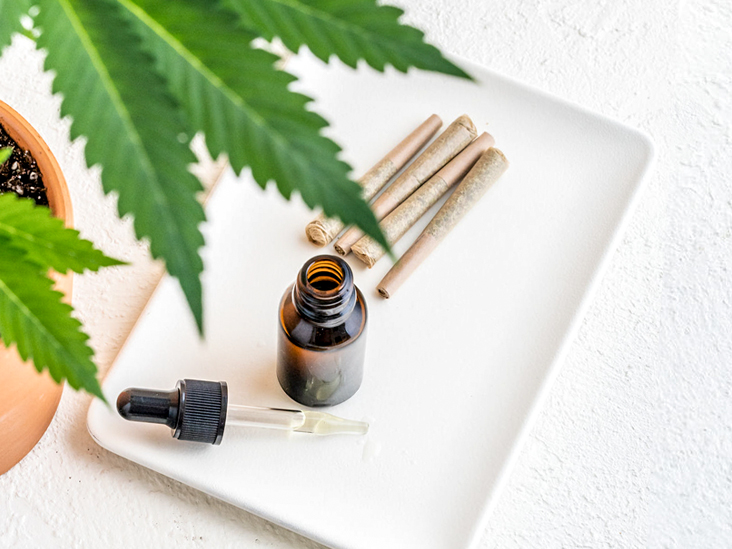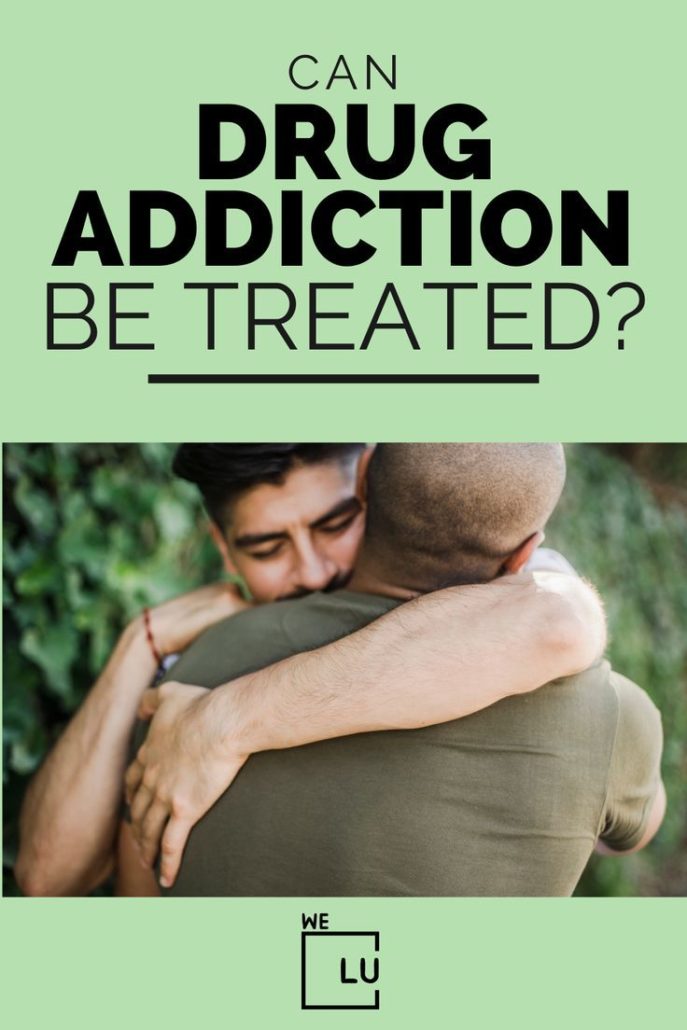How to Stop Smoking Weed Cold Turkey?
Marijuana, also called weed, is a frequently used drug that can potentially cause dependence and addiction. quitting weed cold turkey can be difficult, but it is possible with the right mindset and the help of supportive people. This article will discuss how to quit smoking weed cold turkey, including strategies for managing withdrawal symptoms, developing healthy habits, and seeking professional treatment when necessary. This guide can assist you in taking the first steps toward a life that is not only healthier but also more fulfilling, regardless of the reason(s) for your desire to give up marijuana use.
Several approaches can be helpful if you are battling a weed addiction and quit cold turkey from weed. If this describes you, read on. It is possible to stop quit smoking weed cold turkey if you have the support and the right frame of mind. This is especially true if you have been a heavy user for a long time.
This article will provide a comprehensive guide on how to quit weed cold turkey, including advice for managing withdrawal symptoms, finding support, and developing healthy coping strategies. We will also talk about the potential risks and benefits of cold turkey weed in addition to other treatment options that may be available.
It is important to remember that quitting weed cold turkey might not be the best choice for everyone. It is important to consult a healthcare professional before attempting to quit smoking on your own if you have a history of severe addiction, mental health issues, or other underlying health conditions. You can get assistance from a trained medical professional in developing an individualized treatment strategy tailored to your specific requirements and life history.
What is Weed?
Marijuana, also known as cannabis or weed, is a psychoactive drug from the Cannabis plant. It contains over 100 chemical compounds known as cannabinoids, the most notable being THC (tetrahydrocannabinol) and CBD (cannabidiol). THC is the primary psychoactive compound in marijuana that produces the “high” sensation, while CBD does not produce a high but has potential medical benefits.
Marijuana has been used for recreational and medicinal purposes for thousands of years. In recent years, there has been growing support for legalizing marijuana for medical and recreational use. According to a survey conducted by the Pew Research Center, 91% of Americans support legalizing medical marijuana, while 60% support legalizing recreational marijuana.
Marijuana is commonly consumed by smoking dried flowers or leaves but can also be consumed in other forms, such as edibles, tinctures, and oils. The potency of marijuana can vary widely depending on the strain, method of consumption, and cultivation conditions.
Marijuana use has both short-term and long-term effects on the body. Short-term effects include altered senses, impaired coordination, and difficulty thinking and problem-solving. Long-term use has been linked to respiratory problems, cognitive impairment, and mental health issues such as anxiety, depression, and psychosis.

Skip To:
Learn More:
- Marijuana vs Alcohol
- How Long Do Edibles Last?
- Dabs Drug
- Can You Mix Weed and Xanax? Xanax & Weed Smoking Effects, Withdrawal, and Dangers.
- How To Sober Up Fast: Top 12 Effective Ways & Tips. How Long Does It Take To Sober Up From Alcohol, Weed…
- Marijuana and ADHD: Benefits and Risks
- Marijuana Withdrawal Symptoms, Timeline, and Treatment
Get Help. Get Better. Get Your Life Back.
Searching for Accredited Drug & Alcohol Rehab Centers Near You? Or Mental Health Support?
Even if you have failed previously, relapsed, or are in a difficult crisis, we stand ready to support you. Our trusted behavioral health specialists will not give up on you. Call us when you feel ready or want someone to speak to about therapy alternatives to change your life. Even if we cannot assist you, we will lead you wherever you can get support. There is no obligation. Call our hotline today.
FREE Addiction Hotline – Call 24/7Weed Statistics
Globally, marijuana, also known as weed or cannabis, is the most frequently used illicit drug. The United Nations estimates that 158.8 million individuals used marijuana in 2015. Marijuana is the most commonly used illicit drug in the United States in 2019, with over 43 million people reporting past-year use.
In recent years, the legalization of marijuana for both medicinal and recreational purposes has gained popularity. 36 states have legalized medical marijuana, and 15 have legalized recreational marijuana as of 2021. In addition, several nations, including Canada, Uruguay, and portions of Europe, have legalized marijuana.
36.6%
Marijuana edible use grew by 36.6% among occasional users.
Source: NIH
47%
According to national statistics, 47% of marijuana users between 18 and 34 and 30% of adults have eaten edible marijuana.
Source: NIH
26%
In the previous month, 26% of marijuana users consumed edibles, and 44% vaped.
Source: NIH
Weed Drug Facts
Marijuana
Cannabis sativa or Cannabis indica plant parts that have been dried include the leaves, flowers, stems, and seeds referred to as marijuana. The plant contains the psychoactive substance THC as well as other related substances.
Common Street Names:
- Astro Turf.
- Blunt.
- Boom.
- Dope.
- Grass.
- Herb.
- Home Grown.
- Mary Jane.
- Pot.
- Smoke.
- Weed.
Short-Term Effects:
- Shifted senses (like seeing brighter colors)
- Changed perception of time
- Variations in mood
- Decreased ability to move
- Thinking and problem-solving challenges
- A weakened memory
- Hallucinations
- Delusions
- Psychosis
Long-Term Effects:
- Brain development issues
- Breathing issues and coughing if you use marijuana frequently
- If a pregnant woman consumes marijuana, her unborn child may experience developmental issues both during and after pregnancy.
Most Popular Quitting Weed Cold Turkey Withdrawal FAQs
-
Should I quit weed cold turkey?
Deciding whether or not to quit weed cold turkey is a personal choice that depends on individual circumstances. Suppose you have been using marijuana heavily and are experiencing negative consequences. In that case, it may be best to quit cold turkey to avoid the risk of developing an addiction or experiencing withdrawal symptoms.
-
Does marijuana help with alcohol withdrawal?
There is little scientific evidence to support the use of marijuana for alcohol withdrawal symptoms, although some individuals do so. Marijuana use during alcohol withdrawal may be detrimental, as both substances can sedate the body and increase the risk of seizures.
-
Can you withdraw from marijuana?
Yes, marijuana withdrawal symptoms are possible. However, the severity and duration of marijuana withdrawal symptoms can vary depending on variables such as the frequency and duration of marijuana use, the potency of the drug, and individual differences in metabolism and drug sensitivity.

What’s the Best Way to Quit Smoking Weed Cold Turkey?
Stopping use entirely is the most effective method for quitting weed cold turkey. This includes not using any form of marijuana, such as smoking, vaping, or consuming edibles. Having the plan to handle any withdrawal symptoms will help ease the transition and keep your mind from wandering.
To be successful in quitting weed cold turkey, it is important to eliminate all potential triggers and temptations. This could mean removing yourself from social situations where marijuana is present or getting rid of any possessions you have that could be used to use marijuana. It may also help to replace the time spent smoking weed with more constructive pursuits.
Taking care of one’s physical and mental health is also crucial when attempting to quit weed cold turkey. A healthy lifestyle includes following a nutritious diet, engaging in regular physical activity, and reaching out for emotional support from loved ones when necessary. Insomnia, anxiety, and irritability are all common withdrawal symptoms that must be monitored and treated.
Though it’s not easy, stopping weed cold turkey is often the most successful way to beat a marijuana habit and regain control of your life. Quitting weed cold turkey is possible for anyone with the right commitment, support, and strategy.

Get Your Life Back
Find Hope & Recovery. Get Safe Comfortable Detox, Addiction Rehab & Mental Health Dual Diagnosis High-Quality Care at the We Level Up Treatment Centers Network.
Hotline (877) 378-4154Stopping Weed Cold Turkey Symptoms
Several withdrawal symptoms may occur in quitting weed cold turkey. These side effects can be more severe and last longer the longer and more frequently someone uses weed. Irritability, anxiety, depression, insomnia, loss of appetite, and physical discomfort like headaches, tremors, and sweating are all common withdrawal symptoms.
Here are some common symptoms of stopping weed cold turkey:
- Anxiety and restlessness.
- Insomnia and difficulty sleeping.
- Irritability and mood swings.
- Decreased appetite and weight loss.
- Headaches and dizziness.
- Nausea and digestive problems.
- Sweating and chills.
- Fatigue and lack of energy.
- Intense cravings for marijuana.
- Difficulty concentrating and memory problems.
First-class Facilities & Amenities
World-class High-Quality Addiction & Mental Health Rehabilitation Treatment
Rehab Centers TourRenowned Addiction Centers. Serene Private Facilities. Inpatient rehab programs vary.
Addiction Helpline (877) 378-4154Proven recovery success experience, backed by a Team w/ History of:
15+
Years of Unified Experience
100s
5-Star Reviews Across Our Centers
10K
Recovery Success Stories Across Our Network
- Low Patient to Therapist Ratio
- Onsite Medical Detox Center
- Comprehensive Dual-Diagnosis Treatment
- Complimentary Family & Alumni Programs
- Coaching, Recovery & Personal Development Events
Coping Strategies for Quitting Weed Cold Turkey
When quitting weed cold turkey, it’s important to have coping strategies to help manage the withdrawal symptoms and cravings that may arise. Here are some helpful tips:
- Exercise: Exercise is an excellent way to distract yourself from cravings and improve your mood. It also helps to release endorphins, which can reduce anxiety and depression.
- Meditation: Meditation is a great way to reduce stress and anxiety. It can also help to improve your focus and concentration.
- Deep breathing: Deep breathing exercises can help reduce anxiety and promote relaxation by calming the nervous system. Focus on breathing slowly and deeply, taking deep breaths through your nose and exhaling slowly through your mouth.
- Drink plenty of water: Drinking plenty of water can help to flush toxins out of your system and reduce cravings.

- Eat nutritious foods: Eating nutritious foods, such as fruits, vegetables, and whole grains, can help to support your body’s recovery and reduce cravings.
- Get enough sleep: Sleep is important for physical and mental health. It can also help to reduce cravings and improve your mood.
- Seek support: It’s important to have a support system when quitting weed cold turkey. This can include friends, family, or a support group. Consider talking to a therapist or counselor specializing in addiction if you need additional help.
Remember, quitting weed cold turkey can be challenging, but it is possible with the right support and coping strategies.
World-class, Accredited, 5-Star Reviewed, Effective Addiction & Mental Health Programs. Complete Behavioral Health Inpatient Rehab, Detox plus Co-occuring Disorders Therapy.
CALL (877) 378-4154End the Addiction Pain. End the Emotional Rollercoaster. Get Your Life Back. Start Drug, Alcohol & Dual Diagnosis Mental Health Treatment Now. Get Free No-obligation Guidance by Substance Abuse Specialists Who Understand Addiction & Mental Health Recovery & Know How to Help.
Long-Term Benefits of Quitting Weed Cold Turkey

Quitting smoking weed can have numerous long-term benefits for individuals. Here are some of the benefits:
- Improved respiratory health: Smoking weed can harm your lungs and respiratory system, and quitting can improve your lung function and reduce the risk of lung infections and diseases.
- Improved mental clarity: Long-term weed use can cause brain fog and impact cognitive function. Quitting can lead to improved focus, memory, and overall mental clarity.
- Better sleep: Weed use can disrupt sleep patterns, and quitting can lead to better quality and more restful sleep.
- Increased motivation: Weed use can cause apathy and lack of motivation, and quitting can help restore your drive and energy levels.
- Improved mood: Quitting weed can help stabilize your mood, reduce anxiety and depression, and improve overall emotional well-being.
- Financial savings: Smoking weed can be expensive, and quitting can lead to significant financial savings over time.
Overall, quitting smoking weed can improve your physical and mental health, enhance your productivity and motivation, and lead to a better quality of life.
Experience Transformative Recovery at the We Level Up Treatment Center.
See our authentic success stories. Get inspired. Get the help you deserve.



Start a New Life
Begin with a free call to an addiction & behavioral health treatment advisor. Learn more about our dual-diagnosis programs. The We Level Up treatment center network delivers various recovery programs at each treatment facility. Call to learn more.
- Personalized Care
- Caring Accountable Staff
- World-class Amenities
- Licensed & Accredited
- Renowned w/ 5-Star Reviews
We’ll Call You
Dual Diagnosis Treatment Centers NJ
Drugs like marijuana can alter the dopamine reward system, so being able to stop using marijuana if the habit is problematic is just one part of the recovery process. You must also reprogram deeply entrenched thought patterns to form new positive behaviors.
Some challenges may arise when you attempt to break behaviors, including losing friends, needing to fill your time, and experiencing uncomfortable withdrawal symptoms. Stopping cannabis use has also been known to cause withdrawal, making it difficult to quit completely.
The first step in treatment is detoxification. It will help you navigate the complicated withdrawal process but doesn’t address thought and behavior patterns contributing to drug abuse. Various treatment approaches and settings can help provide the ongoing support necessary to maintain long-term sobriety after you complete detox.
Cravings are very common during detox and can be challenging to overcome. This often leads to relapse. Constant medical care provided during inpatient treatment helps prevent relapse. Clinicians can offer the necessary medication and medical expertise to lessen cravings and the effects of withdrawals.
Psychotherapy
Several different modalities of psychotherapy have been used in the treatment of depression, including:
- Cognitive Behavioral Therapy (CBT) – is an effective treatment that involves changing both the patterns of negative thoughts and the behavioral routines which are affecting the daily life of the depressed person for various forms of depression.
- Dialectical Behavioral Therapy – is a comprehensive mental health and substance abuse treatment program whose ultimate goal is to aid patients in their efforts to build a life worth living. The main goal of DBT is to help a person develop what is referred to as a “clear mind.”
- Person-Centered Therapy – is a strategy that allows and encourages clients to understand and resolve their concerns in a safe, supportive environment.
Dual Diagnosis Treatment
Substance abuse and mental health disorders often co-occur. Traumatic experiences can often result in mental health disorders and substance abuse. Dual diagnosis programs in New Jersey treat both of these issues together. The best approach for the treatment of dual diagnosis is an integrated system. This strategy treats both the substance abuse problem and the mental disorder simultaneously. Regardless of which diagnosis (mental health or substance abuse problem) came first, long-term recovery will depend largely on the treatment for both disorders done by the same team or provider.
Medication-Assisted Treatments
Medication-Assisted Treatments (MAT) for substance use and mental health disorders are commonly used in conjunction. This includes the use of medications and other medical procedures. During your rehab, the staff from your treatment facility will help you identify what caused your addiction and teach you skills that will help you change your behavior patterns and challenge the negative thoughts that led to your addiction. Sometimes, the pressures and problems in your life make you rely on substances to help you forget about them momentarily.
If you or someone you know is addicted to marijuana or struggling with mental health conditions, it is important to recognize the danger of use. From ingesting toxins to injury, dabbing can be extremely harmful. If you need help with a marijuana addiction, seek help from trained professionals. Contact one of our helpful treatment specialists today. We Level Up rehab center in New Jersey can provide information on dual diagnosis and detox programs that may fit your specific needs.

Addiction Treatment Sobriety Story
My life before going to treatment was in shambles. I was a mom of two children. I was homeless. Just trying to figure out how I could get my next one. And then I went to rehab; it was my 30th time going to treatment, and I finally wanted it. Nobody wanted it for me. I make an AA meeting at least three to four times a week. I have a sponsor. I do have a home group. I work steps. I am in complete contact with my children and complete contact with my family, and I couldn’t be happier.”
Nikki’s Addiction Recovery Testimonial
Search How to Stop Smoking Weed Cold Turkey? Guide and Treatment Topics & Resources
Sources
[1] What is marijuana? Marijuana and ADHD SYmptoms| National Institute on Drug Abuse (NIDA) (nih.gov) Tags: How to Stop Smoking Weed Cold Turkey?
[2] Cannabidiol | C21H30O2 – PubChem (nih.gov) Tags: How to Stop Smoking Weed Cold Turkey?
[4] NIMH » Attention-Deficit/Hyperactivity Disorder (nih.gov) Tags: How to Stop Smoking Weed Cold Turkey?
[5] Cannabidiol (CBD) – StatPearls – NCBI Bookshelf (nih.gov) Tags: How to Stop Smoking Weed Cold Turkey?
[6] Marijuana Use Disorder, Health Risks And Top Signs Of Abuse (welevelup.com) Tags: How to Stop Smoking Weed Cold Turkey?
[7]Know the Negative Effects and Risks of Marijuana Use https://www.samhsa.gov/marijuana Tags: How to Stop Smoking Weed Cold Turkey?